In the United States, more than 75% of women and 60% of men use skincare products regularly. The demand for skincare products is thriving. Statistics show that 54% of these consumers are actively seeking products that are sustainable and environmentally friendly. These types of skincare products—derived from natural sources and kind to the earth—are known as “clean skincare.”
As people of all ages adopt a sustainable lifestyle, they are increasingly leaning toward greener and better options.
Why Is Everyone Switching to Clean Skincare?
Most conventional skincare products contain harmful chemicals and harsh ingredients. Clean skincare products, on the other hand, are completely derived from nature and do not include toxic substances. Because they are free from harmful chemicals, clean skincare products do not cause skin irritation.
It’s not just about skincare—sustainable brands also follow eco-friendly practices throughout their supply chains. They source ingredients responsibly and remain mindful of their carbon footprint. These brands are also transparent, offering customers a full overview—from sourcing to packaging and waste management—so that consumers can understand the environmental impact of their purchases.
On What Criteria Were Brands Evaluated?
We evaluated the following criteria:
- The ingredients used by the brands
- The transparency of their manufacturing processes
- Their efforts toward sustainable packaging
- Certifications they possess
- Their approach to ethical sourcing
- The overall environmental impact they create
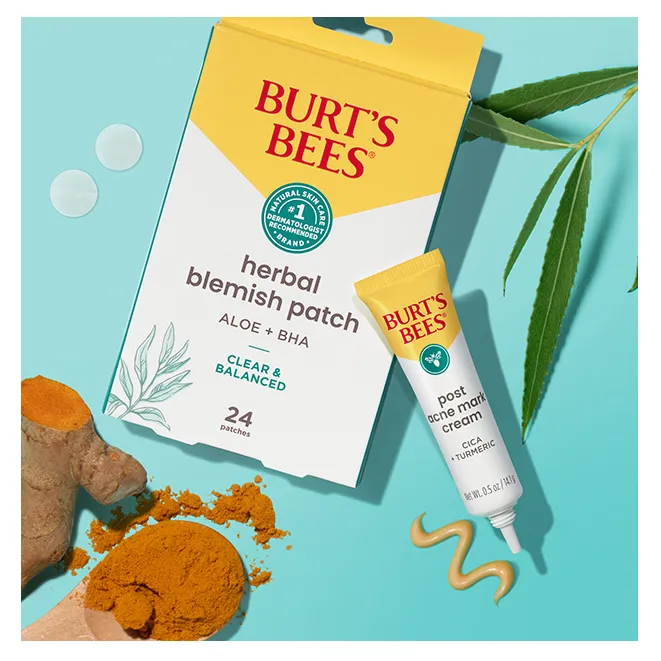
Founded in 1984, Burt’s Bees began its journey in the natural skincare sector with beeswax-based products like lip balm and candles made from leftover beeswax. Grounded in simplicity and sustainability, the brand has grown to become one of the leading clean skincare brands in the U.S., now generating over $140 million in annual sales.
The brand formulates nutrient-rich, natural products designed to work in harmony with the skin. Burt’s Bees is highly transparent about the ingredients used in each product. Their formulas consist of botanical oils, waxes, butters, extracts, and essential oils. The products are free from phthalates, parabens, petrolatum, and sodium lauryl sulfate.
Their packaging is designed to be recyclable and is made from renewable materials. Burt’s Bees operates facilities powered by renewable electricity and is Leaping Bunny certified, ensuring no animal testing.
The brand is committed to environmental sustainability and social impact. For example, they’ve tackled ocean plastic pollution by setting up recycling facilities in India and Ghana. They also empower 10,000 women in West Africa by providing opportunities in the traditionally male-dominated beekeeping industry.
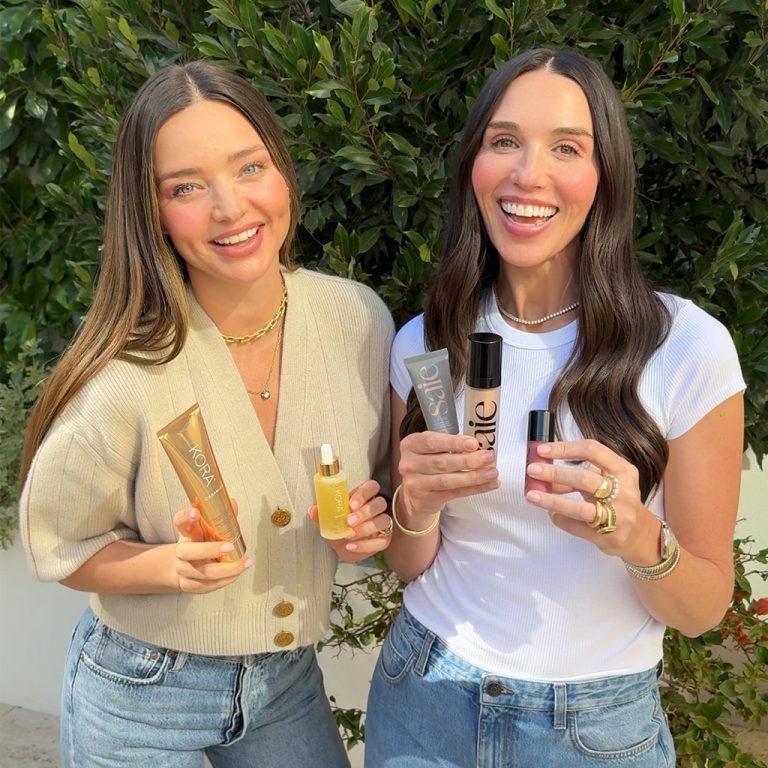
KORA Organics is one of the first skincare brands to receive Climate Neutral Certification. Following their roadmap, KORA measures, offsets, and reduces greenhouse gas emissions throughout their supply chain.
In partnership with the Organic Farming Research Foundation, KORA uses ingredients that are environmentally friendly and sustainable. Their organic farming practices reduce pollution, soil erosion, and energy consumption. This ensures their ingredients are free from synthetics, pesticides, and nitrogen pollution. Their products are infused with antioxidant-rich Noni—certified exclusively for organic skincare—along with essential fatty acids, herbal extracts, and other rejuvenating ingredients.
KORA Organics uses recycled, recyclable, refillable, or biodegradable materials wherever possible. Since 2021, they have launched refill pods made of glass or post-consumer recycled resin and aim to fully transition by 2026. Their packaging cartons are made from recycled paper.
Founder and CEO Miranda Kerr stated that the products have never been tested on animals—they are tested on her! Nearly all KORA Organics products are vegan.
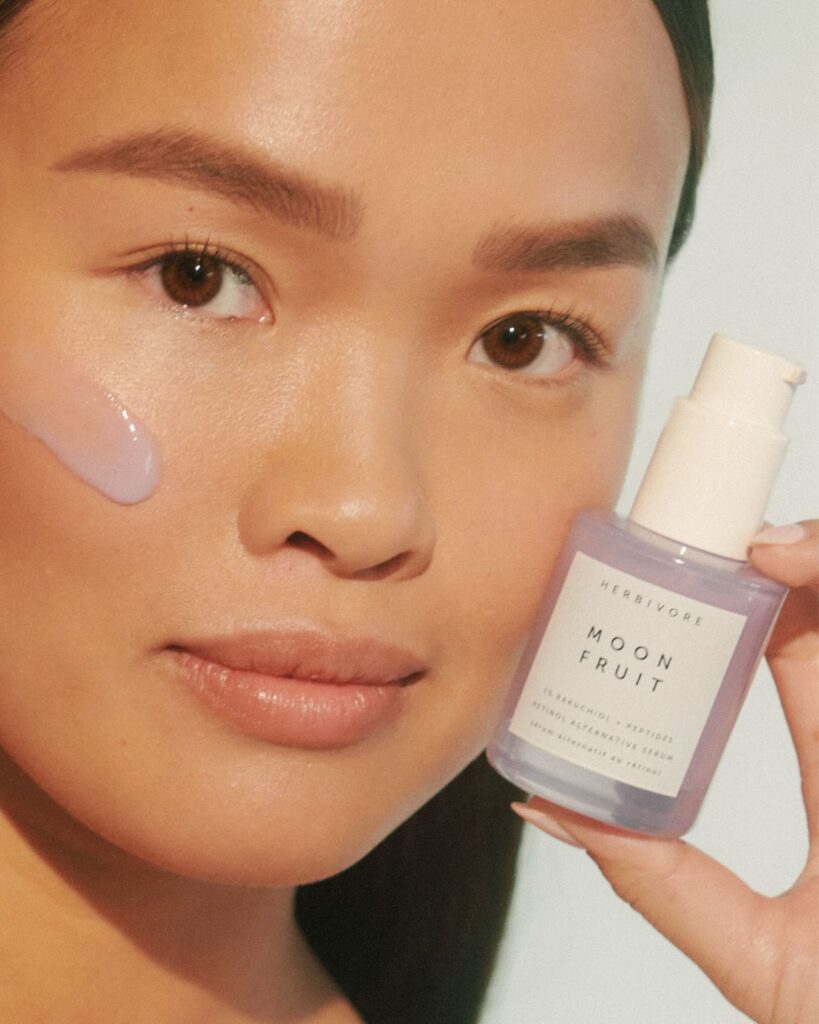
Based in Seattle, Herbivore Botanicals was founded in 2011 by Julia Wills and Alex Kummerow. Starting out on Etsy, the brand quickly evolved into a global beauty name known for plant-centric skincare solutions. Their mission is to create safe, wellness-focused products with natural ingredients.
Herbivore Botanicals relies heavily on the power of plants, believing that plant essences nourish and improve the skin. They formulate each product from scratch, eliminating harmful and questionable ingredients. The brand emphasizes organic, food-grade, ethically sourced materials like French pink clay and therapeutic-grade essential oils.
Certified cruelty-free and vegan by PETA, Herbivore uses glass and paper in its packaging to keep it environmentally friendly. They only use recyclable plastic when necessary. The brand is also working to reduce its carbon footprint and is committed to eliminating all virgin plastic from its packaging by 2025.
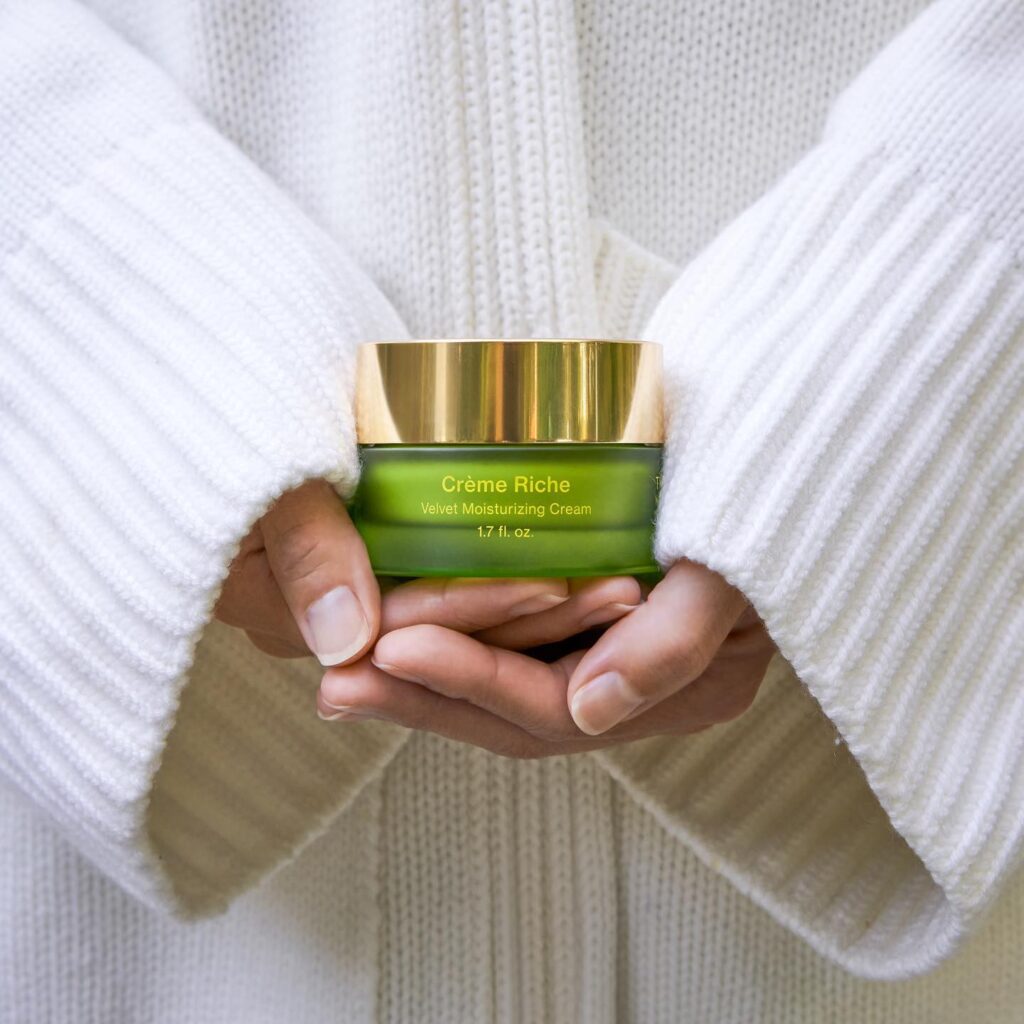
In search of 100% natural skincare, Tata and Henry Harper founded their brand in 2010 on a 1,200-acre organic farm. The brand is well known for its transparency, high quality, and the use of natural, non-toxic, ethically sourced ingredients.
Tata Harper uses high-performance natural ingredients such as winged kelp, sea fern, Java fruit, and red algae. Their packaging includes responsibly sourced recyclable glass and plastics. The brand produces in small batches to minimize waste. Their cartons are made from certified paper sourced from sustainably managed forests and printed with biodegradable soy ink to reduce toxicity. The entire manufacturing process takes place on their farm in Vermont—from ingredient creation to final packaging—ensuring freshness and reducing the need for unnecessary shipping or outsourcing.
The brand is certified cruelty-free by PETA and holds the ECOCERT certification. ECOCERT verifies that the products are made using renewable resources, eco-friendly manufacturing practices, and non-GMO, non-synthetic ingredients. The packaging is also evaluated for biodegradability or recyclability. Additionally, the brand is certified by the American Vegan Association.
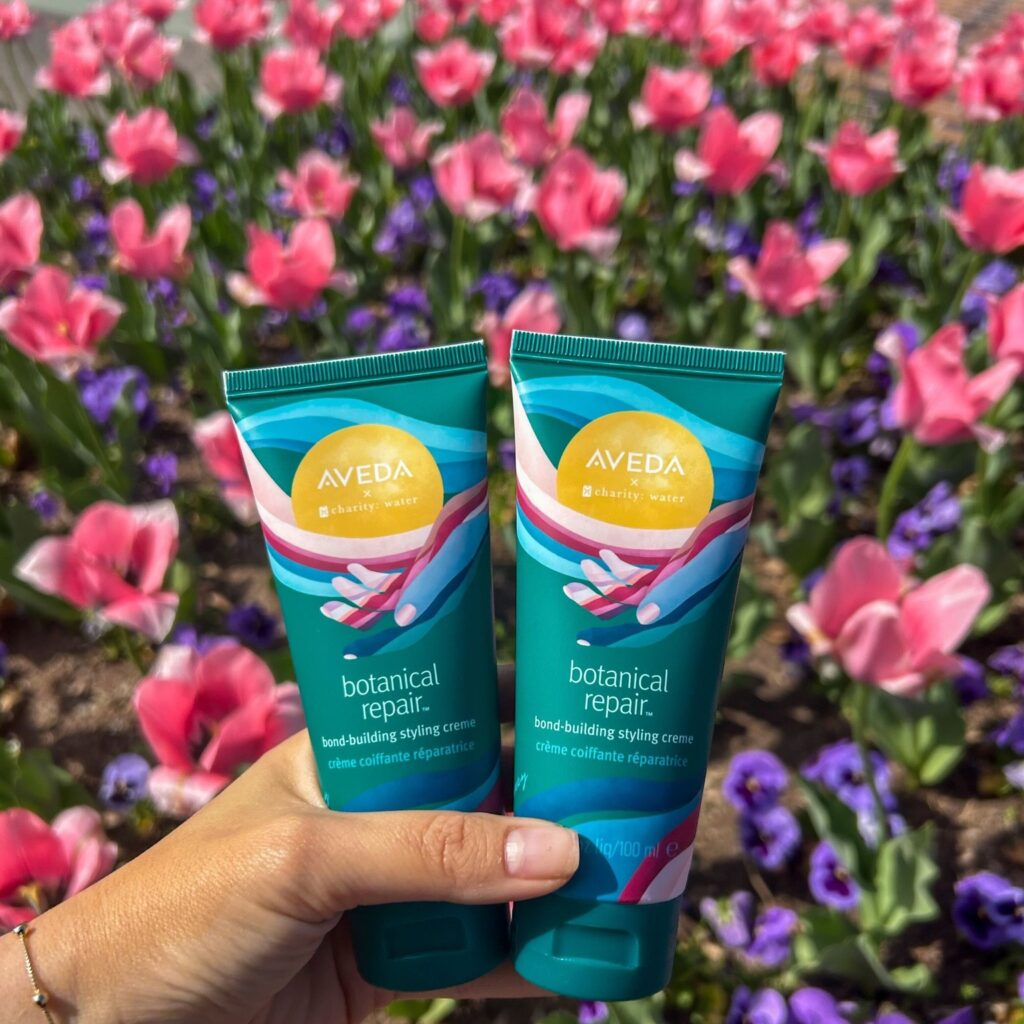
Operating in 40 countries, Aveda has been a pioneer in sustainable beauty since 1978. The brand naturally sources 90% of its ingredients and has consistently opposed animal testing, earning certification from Cruelty Free International’s Leaping Bunny Program.
Aveda utilizes biotech naturals—including high-performance extracts, ferments, and naturally derived polymers. Their product development integrates natural chemistry to reduce waste and protect both human health and the environment. Aveda products are free from phthalates, parabens, mineral oil, petrolatum, formaldehyde donors, paraffin, synthetic fragrances, and other harmful substances. Aveda is also a certified B Corporation, meeting high standards of social and environmental performance, transparency, and accountability.
The brand prioritizes minimal and sustainable packaging, reducing size and weight, and maximizing the use of recyclable materials. 95% of PET bottles and jars are made from 100% post-consumer recycled (PCR) materials, and over 80% of HDPE bottles contain at least 80% PCR. Since 2007, Aveda’s primary facility has been powered by 100% wind energy.





